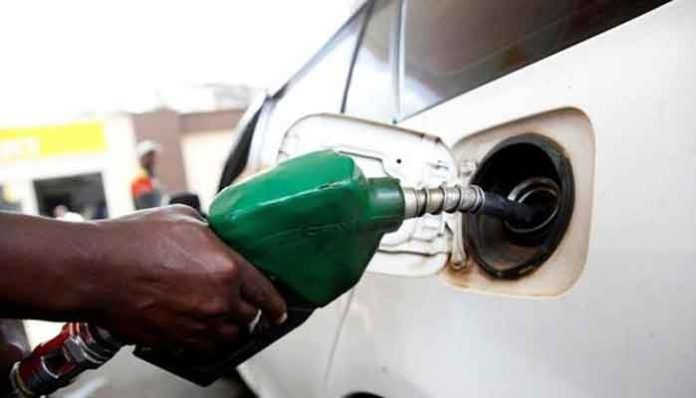On Wednesday, Pakistani-American economist Atif Mian raised concerns about the Pakistani government’s decision to sell petrol at a 20-25% lower price compared to neighboring countries like Bangladesh, Sri Lanka, and India.
Mian, a former member of Pakistan’s Economic Advisory Council (EAC), expressed that this move has led to a reduction in the country’s GDP, making it more challenging for Pakistan to repay its debts. He emphasized the need for authorities to address the issues decisively, pursue aggressive restructuring, and make courageous decisions.
Mian drew attention to the comparison between Pakistan, Ghana, and Sri Lanka in terms of debt defaults. While Ghana and Sri Lanka have formally defaulted in the past two years, Pakistan has not.
However, both the Pakistani Rupee (PKR) and Ghanaian cedi (GHS) experienced significant devaluation, with the Sri Lankan Rupee (LKR) depreciating to a lesser extent. Mian pointed out that after defaulting, Sri Lanka and Ghana saw their currencies appreciate due to entering restructuring programs.
He argued that boasting about not defaulting on debt means little if the underlying crisis is ignored. Mian stressed that indecisiveness and incompetence in dealing with a crisis are equally problematic.
He highlighted the situation in Pakistan, where cheaper fuel prices were achieved by restricting the import of raw materials necessary for production and exports. This strategy has long-term implications for the country’s economic stability.


